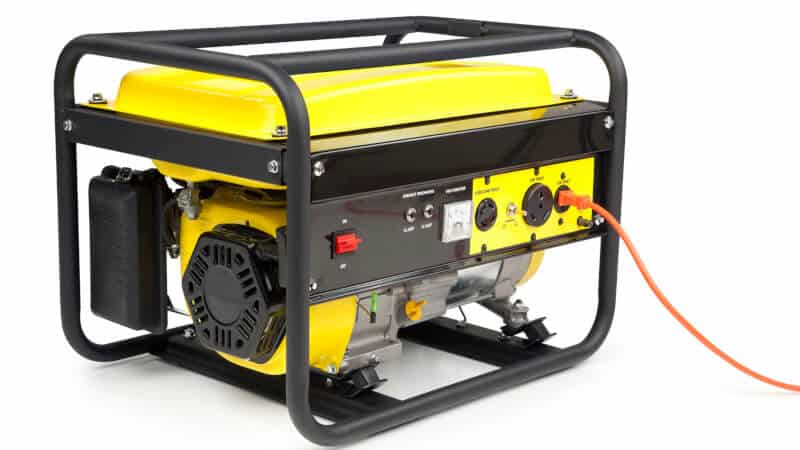Knowing about various types of generators is important because generator becomes one of the most needed appliances in many settings nowadays. Its electrical power is often used by people to provide backup, especially when the electricity is off.
Each type comes with specific functions so that you need to equip yourself with their details and use them if you plan to buy one. It will avoid you to waste money on a machine that doesn’t give you the optimal benefits. Perhaps, you already know some of the types but knowing deeper helps you buy wisely.
3 Types of Generators
You can recognize the types based on the energy source and its application that will be specified below.
Generators with Fossil Fuel Energy Source
This type uses fossil fuel as energy input that flamed and turns into rotary motion.
1. Gasoline
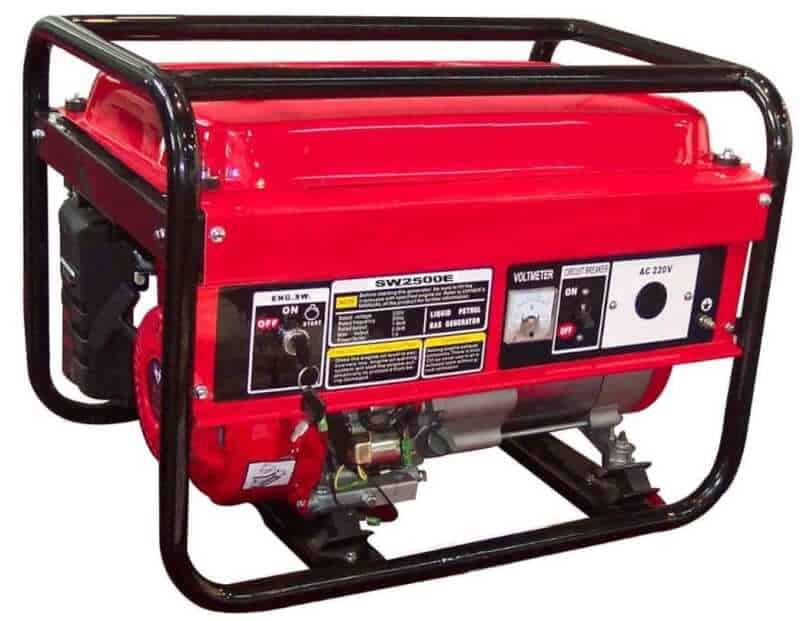
Gasoline generators have become the most popular type since gasoline is easily obtained. Its small size makes this type handy enough to use in various settings including residential and commercial.
The fuel used is greatly flamed and it produces loud noise which is less suitable for office or other quiet workings spaces. It lasts shorter than its counterparts, results in high emissions, and cannot be used during a power failure due to the electricity needed.
2. Biodiesel
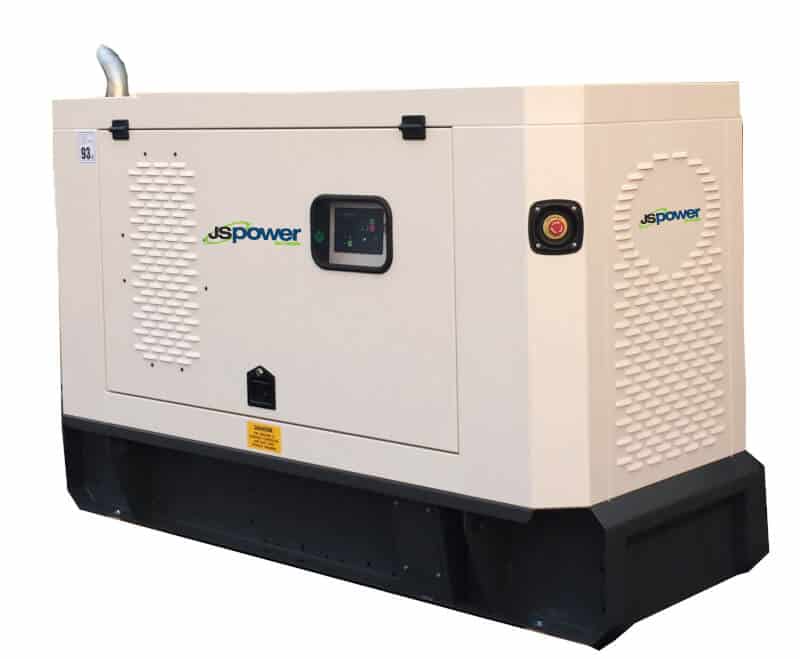
Biodiesel serves as a good alternative for common diesel types as it is more environmentally friendly. For energy input, this type uses unrenewable fossil fuels which flam with low emissions and produce less waste. The input fuels come from the combination of diesel and natural sources like vegetable oil.
Like typical diesel generators, biodiesels are less flammable but produce loud noises. It sometimes cannot work in a power failure because requires pumping.
3. Diesel Fuel
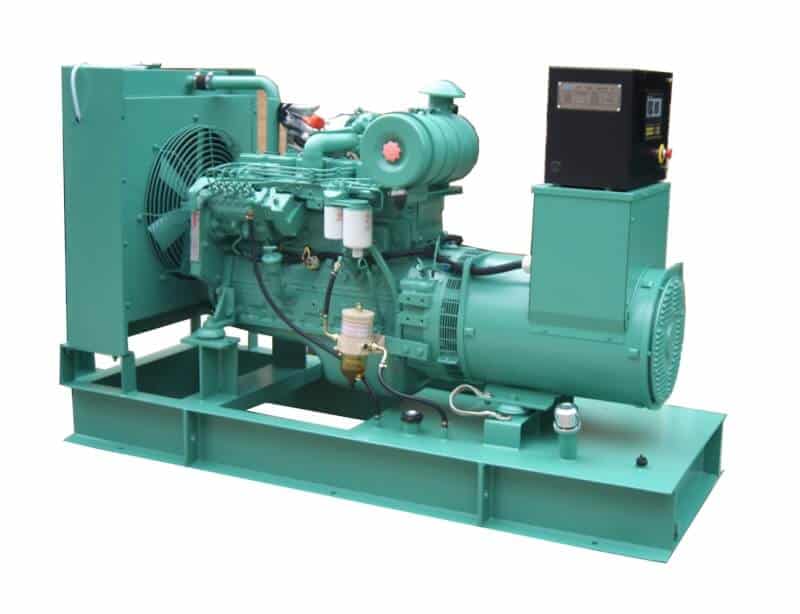
Although it is as popular as gasoline, diesel fuel generators offer the smallest flames among fuel sources. Besides works more efficiently, this type also can last longer. No to mention about lower budget operation and availability of us during cold weather.
It is unlikely to use this generator during power failure as it needs pumping. The emissions coming from diesel generators are pretty high resulting in a limitation period of use for environmental issues.
4. Emulsified Diesel
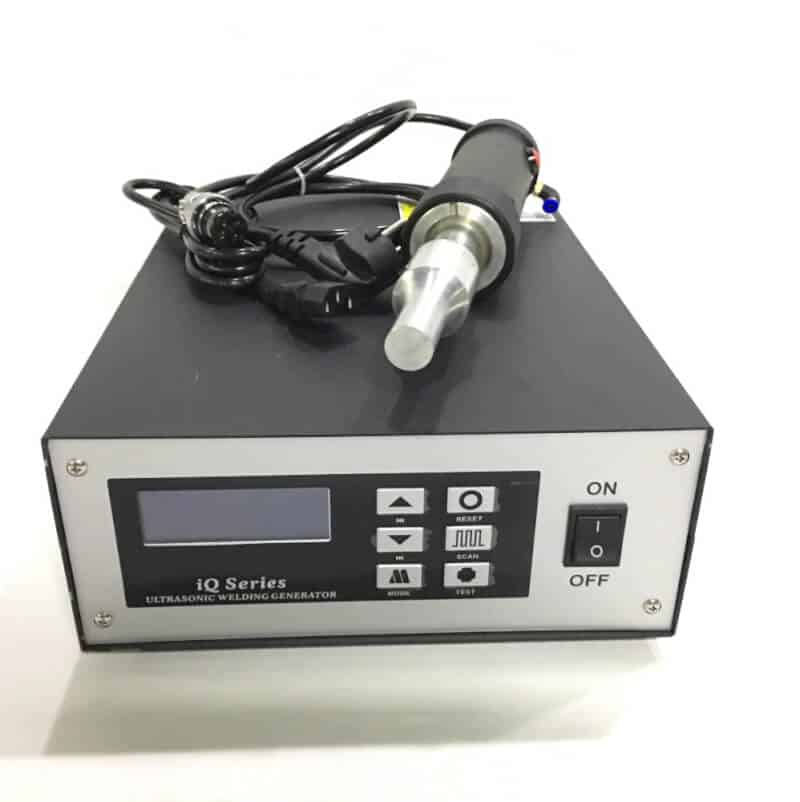
Emulsified diesel takes the benefits of a combination between diesel fuel as well as a mixture of water and a particular agent for energy inputs. Share the benefits of biodiesel, this generator type also creates fewer emissions and uses fewer fossil fuels.
It can last approximately 24 months or less yet requires an appropriate ratio of water during use so that it is able to works optimally.
Generators with Natural Energy Source
This type of generator consumes natural energy sources for energy input.
1. Solar

This generator uses sun radiation as the energy input and transforms it into electricity as output. It has solar panels that receive sun radiation which further charges the battery inside. It also features an inverter to change the power type into a different current to support AC-powered appliances.
If you need a generator with few electrical requirements, a solar generator is a right solution. Moreover, it doesn’t create much noise but it is available at quite expensive prices.
2. Hydrogen

Compared with other types of generators, hydrogen generator perhaps bit hardly available but it is quite handy and supports the use in various settings like laboratories. In terms of source, hydrogen is widely abundant, clean, and non-toxic.
It results in more energy than its fuel counterparts as well as much affordable. This type is pretty safe especially when complemented with the right safety features.
3. Natural Gas
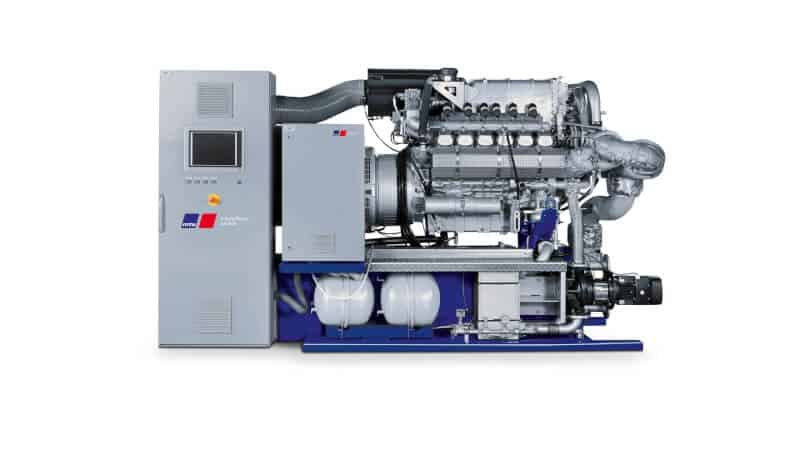
Natural gas generators work cleanly and produce less waste and still able to work without a power supply because gas is easily accessible. Natural gas even supports performance in cold conditions and creates a very low voice. That’s why people typically use this generator type of residential.
To work, this generator needs to attach to the running gas lines so it is not portable. Besides its cheap price in contrast with the installation cost which is pretty expensive.
9. Propane Gas
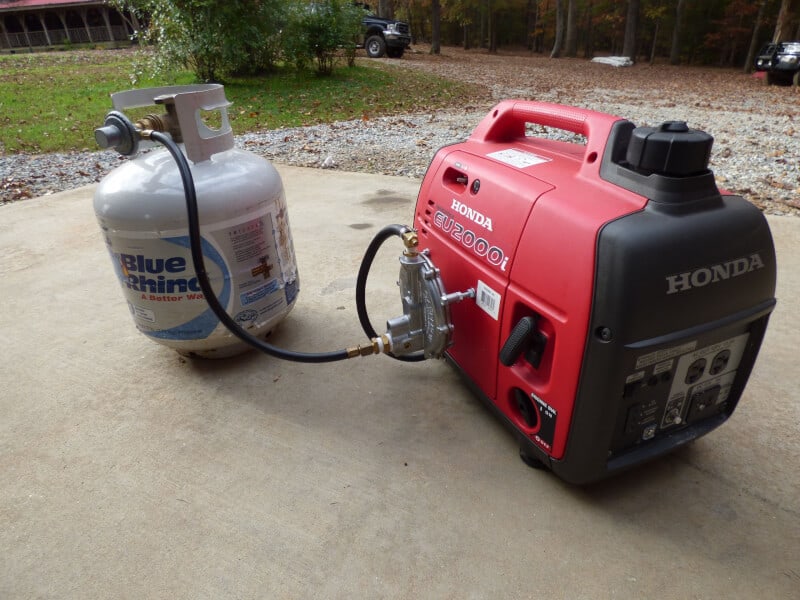
Propane gas generator lasts longer and produces low emissions because the burning process runs cleanly. Not only available at an affordable price, but it also works well in cold conditions and doesn’t create noises. Propane can be stored in large quantities and is easily accessible even when a power failure happens.
However, it requires careful operation as propane is easily flammable and tends to be explosive. Besides, it is quite pricey on purchasing and operation.
Generators Based on Application
According to the applications, generations are available in four following types.
1. Standby
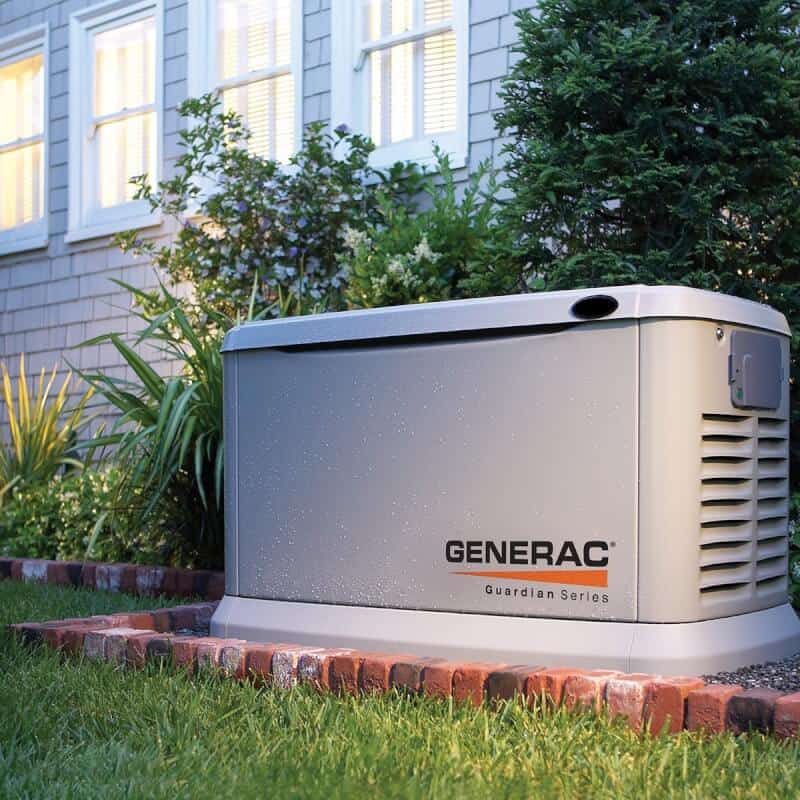
A standby generator also refers to a backup generator, the most-used type which offers an emergency power system. It supports the use of both has and diesel as the energy input. It just needs a few seconds after the power off to supply the electricity for the users.
It becomes a popular option due to several reasons including automatic operation, everlasting power protection, and internal combustion engine.
2. Inverter
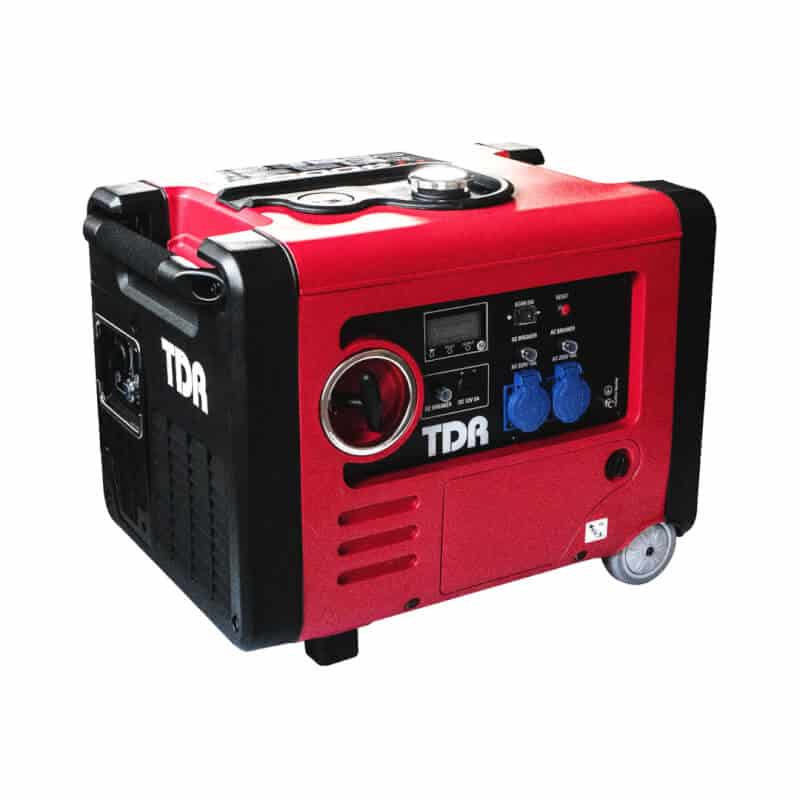
Inverter generator originally provides AC power. However, as there are many people who use AC-powered appliances, this generator comes with a rectifier that can transform AC power to DC power and vice versa. Hence, it produces steady current for many appliances we use daily such as fridges and vehicles.
An inverter generator is also suitable for appliances because it has a compact design and handy.
3. Portable
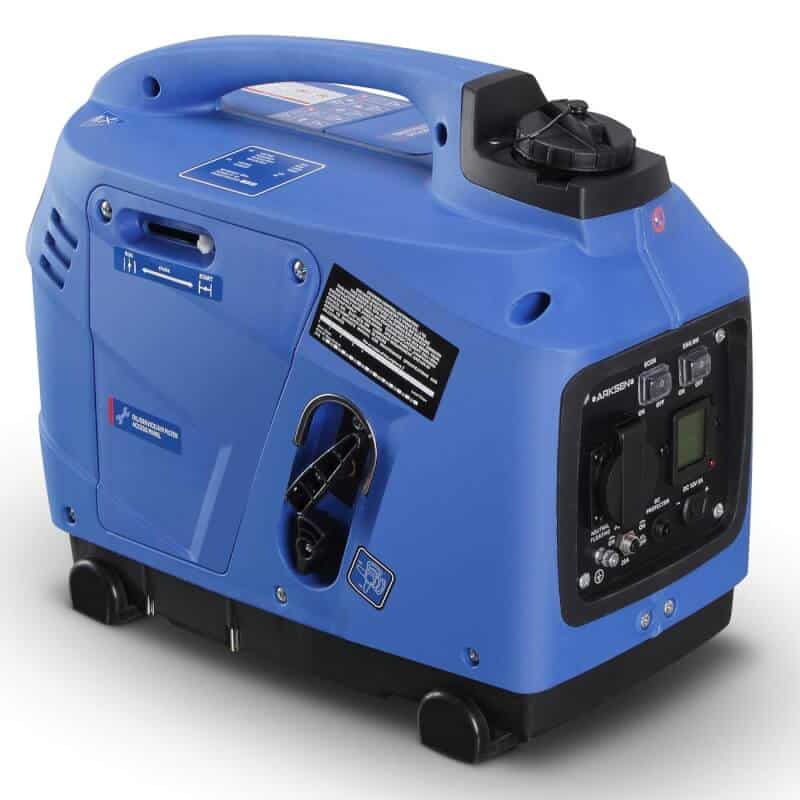
Producing electricity with a combustion engine, portable generators enable to use of gas and diesel for the energy sources. This type is suitable for a wide variety of purposes including residential, small commercials, agricultural, and events as it supports wiring.
4. Induction
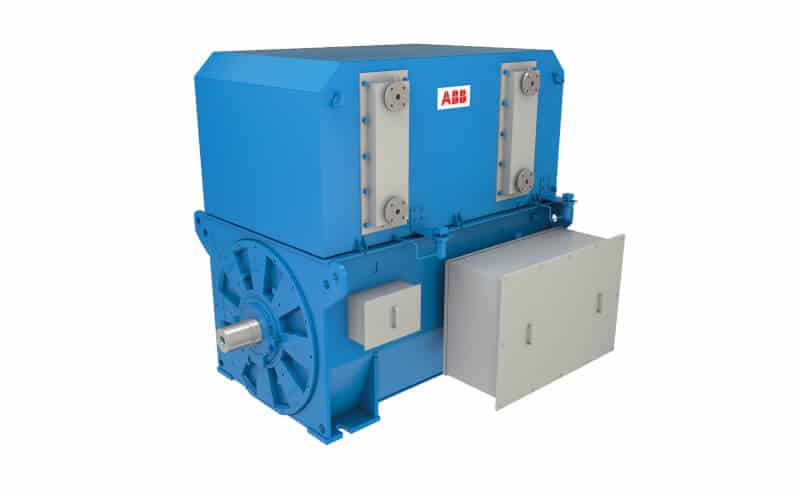
The induction type consists of two generators, an externally excited and self-excited. Externally is beneficial for braking application in many machines such as locomotives, cranes, as well as elevators. Meanwhile, self-excited runs in windmills to convert non-traditional energy sources into electricity.
Each generator type comes with pros and cons along with particular features and functions. Take into account your needs and requirements for a generator. Get to know more specifically about types of generators and make a wise decision by choosing the one that best suits your needs.
